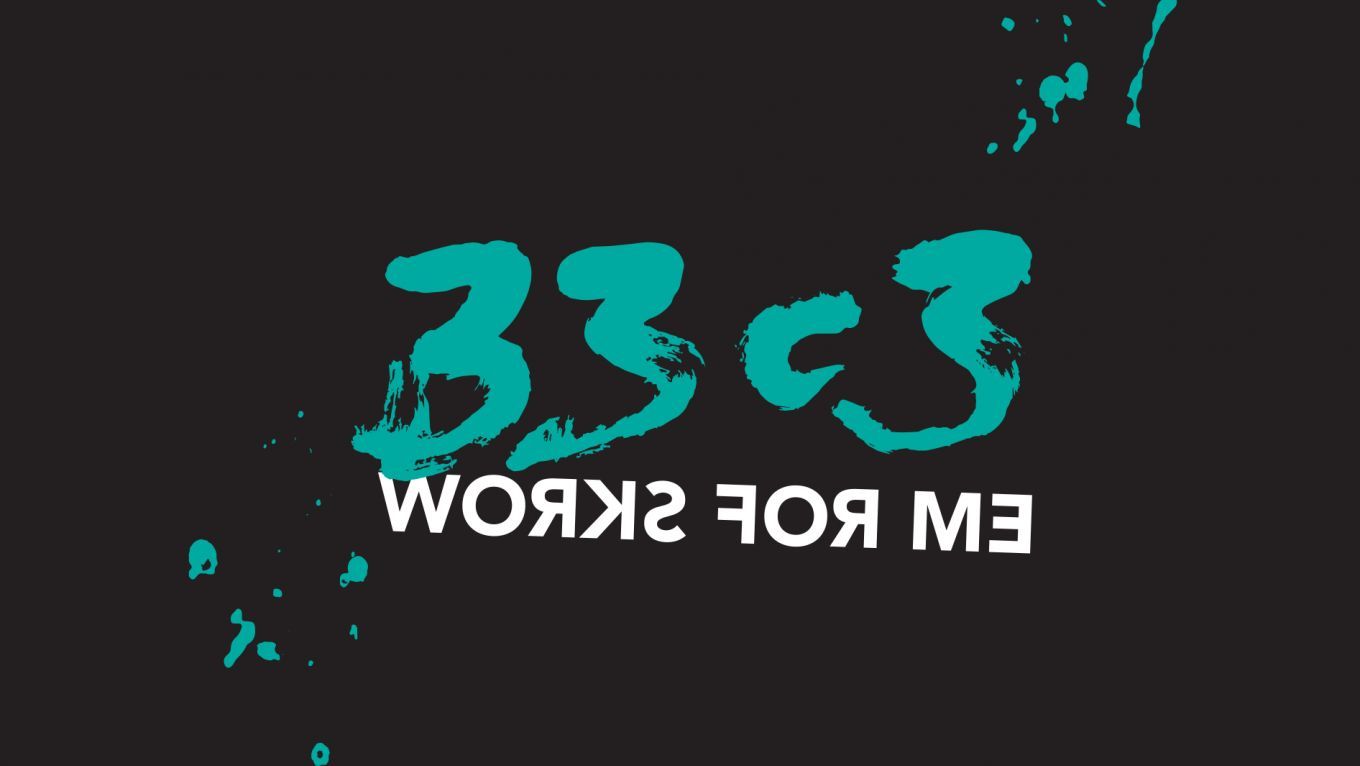Ethics, Society & Politics
Syrian Archive
Preserving documentation of human rights violations
December 28, 2016
12:15 PM – 12:45 PM Add to calendar
12:15 PM – 12:45 PM Add to calendar
Saal 2
Journalists and human rights groups need to find and use verified visual evidence in order to accurately report about what’s happening in conflict zones. In the case of Syria, there are more hours of online footage online than there have been hours of conflict.
There is currently no tool that supports finding, collecting, preserving and collaboratively verifying and curating visual evidence from social media platforms: The Syrian Archive is the first to do so.
In this talk, members of the Syrian Archive team will give an overview of the Syrian Archive project, explore the technical components and verification procedures, and review investigations completed using open source methodologies.
Journalists and human rights groups need to find and use verified visual evidence in order to accurately report about what’s happening in conflict zones.
We have currently developed an open source tool in alpha stage in collaboration with developers from Tactical Tech which collects and preserves video evidence from Youtube. We have additionally developed a unique workflow in order to verify video documentation and to conduct our investigations. By aggregating, preserving, cataloging and securing digital documentation relating to human rights violations in Syria, the Syrian Archive project helps Syrian civil society, human rights activists, media offices, journalists and lawyers increase their capacity to respond to human rights violations thorough using documentation and investigations that adhere to international standards, and using better tools to demand accountability against perpetrators of those violations.
Findings from investigations have been used by Human Rights Watch, the United Nations Security Council and the Organisation for the Prevention of Chemical Weapons in their work investigating the Syrian conflict. Further, research has been cross-published by Bellingcat, an award-winning open source investigation platform and partner to the project.
Additional information
| Type | lecture |
|---|---|
| Language | English |
More sessions
| 12/27/16 |
As they say in the Air Force, ‚No comms no bombs‘, – A technician’s insight into the invisible networks governing military drones and the quest for accountability
|
| 12/27/16 |
Both strong end-to-end communications encryption and device encryption are legal in most jurisdictions today, and remain widely available. Yet software programmers and hardware producers are increasingly under pressure from law enforcement and policy makers around the world to include so-called backdoors in encryption products.
|
| 12/27/16 |
Polizeibehörden und Geheimdienste sammeln Daten der Bürger – mehr als je zuvor. Der Bestand an unterschiedlichen Datenbanken ist enorm gewachsen und geradezu unübersichtlich geworden. Aufgrund datenschutzrechtlicher Regelungen gibt es für etliche dieser Datenbanken einen gesetzlichen Auskunftsanspruch des Bürgers.
|
| 12/27/16 |
In early 2015, the Federal Bureau of Investigation hacked computers in Austria, Denmark, Chile, Colombia, Greece, and likely the United Kingdom and Turkey too. In all, the agency used a Tor Browser exploit to target over 4000 computers spread across the world based on a single, arguably illegal warrant.
|
| 12/27/16 |
This talk presents the results of the technical analysis for the German Parliamentary Committee investigating the NSA spying scandal on geolocation methods in mobile networks.
|
| 12/27/16 |
Nach drei Jahren wurde endlich die nutzerunfreundliche Praxis des Routerzwangs („Compulsory Routers“) gesetzlich für unzulässig erklärt, und aktuell treibt uns die EU-Funkabschottung („Radio Lockdown Directive“) um. Um was geht es dabei? Und was können wir daraus für andere Fälle lernen?
|
| 12/27/16 |
After three years the EU has for the first time new Net Neutrality rules. What do they mean in practice? Which commercial practices by ISPs are allowed and which have to be punished by the telecom regulator. We give an overview about three years of campaign and where we go from here.
|

